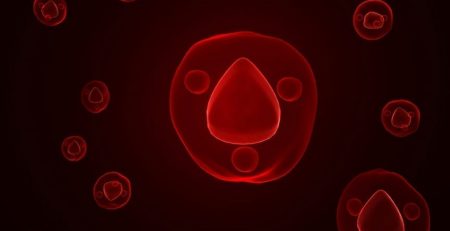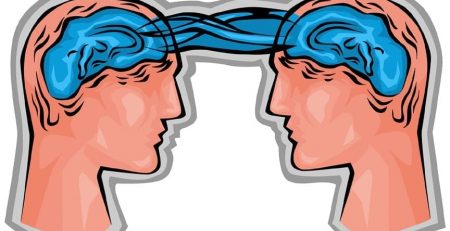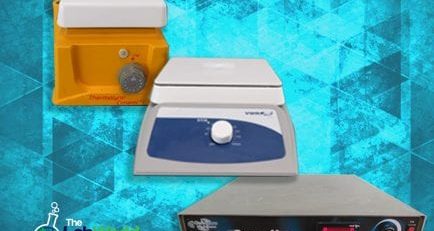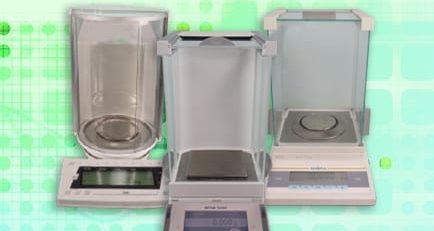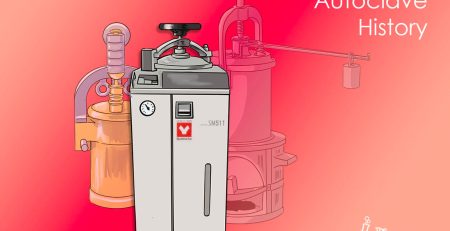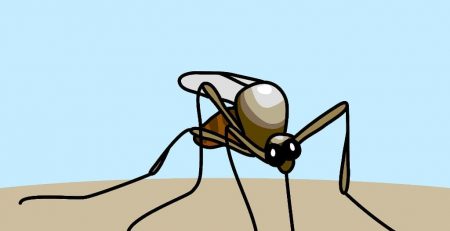West Virginia University Takes New Approach to Combating Opioid Addiction
Gerod Buckhalter, a 33-year-old West Virginia man with more than a decade of opioid and benzodiazepine use and a history of relapses and life-threatening overdoses, is the first recipient of a computer chip and electrodes implanted into the addiction center of his brain that researchers are hoping will help him with his fight against addiction, IFLScience.com reports.
This chip and electrode combination will send signals to the addiction center of his brain that are designed to limit cravings. This method, known as Deep Brain Stimulation (DBS), has previously been used to treat Parkinson’s and has just been approved to treat epilepsy, but this is the first time the idea has been applied to addiction.
“Despite our best efforts using current, evidence-based treatment modalities, there exist a number of patients who simply don’t respond. Some of these patients remain at very high risk for ongoing catastrophic health problems and even death. DBS could prove to be a valuable tool in our fight to keep people alive and well,” Dr. James Berry, interim chair of the West Virginia UniversityDepartment of Behavioral Medicine and Psychiatry, said in a statement.
This is the first phase of a clinical trial that will also involve three additional participants who will all be monitored and studied to see if wider application is justified.








